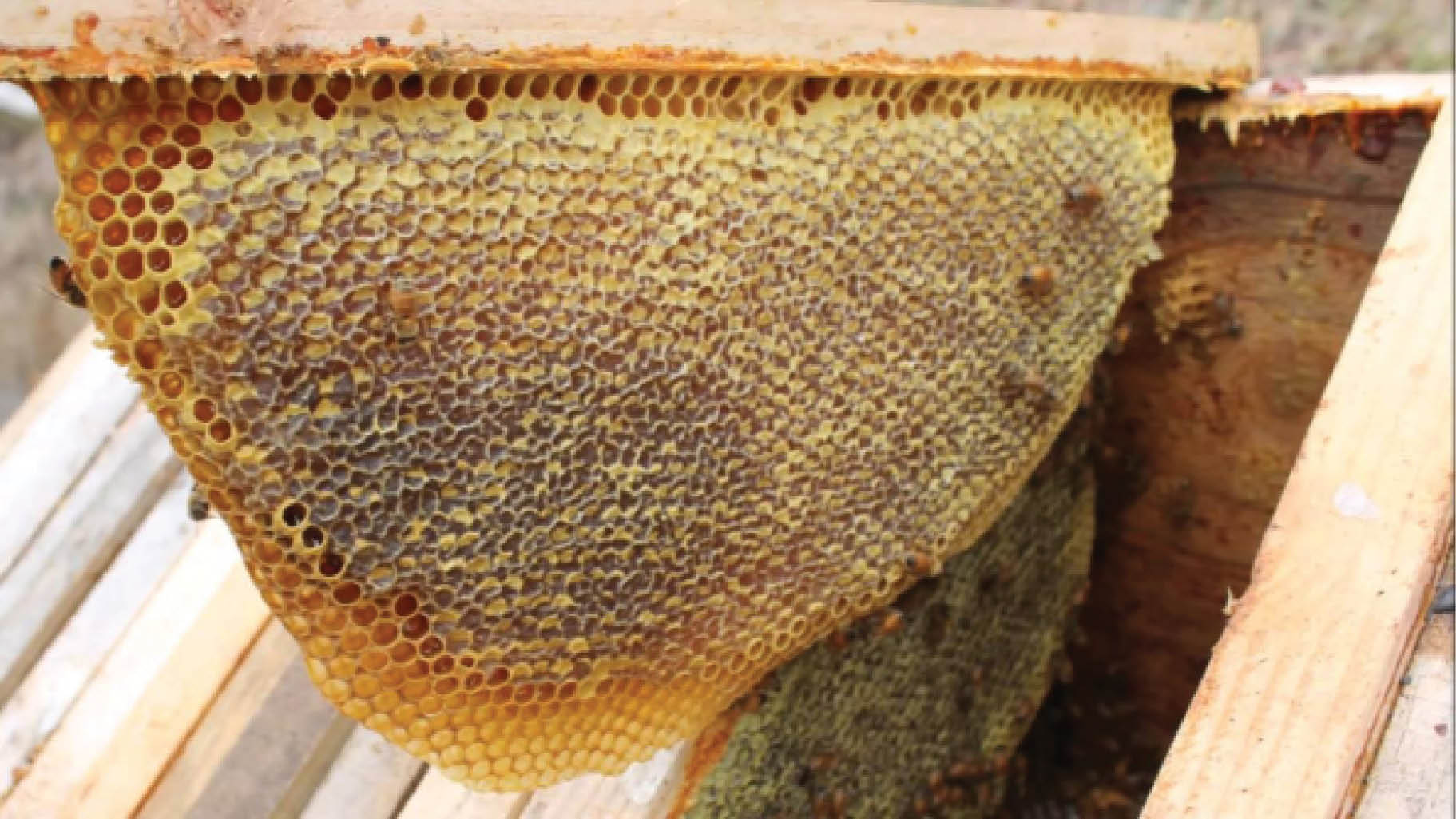Harvesting your honey farm
Do your harvest at the right time, particularly during the hours of 9am and 4 pm; this is because during these hours most of the bees are out foraging, so fewer will be left to attack you Secondly, wear protective cloth. It is difficult to stop bees attacking you completely when you harvest the honeycomb. […]

Do your harvest at the right time, particularly during the hours of 9am and 4 pm; this is because during these hours most of the bees are out foraging, so fewer will be left to attack you
Secondly, wear protective cloth. It is difficult to stop bees attacking you completely when you harvest the honeycomb. Therefore, having protective kits, which are usually sold in the market, is very essential for the farmer.
Thirdly, Wikihow advised that farmers who are using smokers should “light the smoker and move toward the back of the hive. Blow smoke around the entrance of the hive, then carefully remove the top and blow smoke into the opening. After removing the honeycomb, “there may still be a few bees hanging around the frame you plan to remove. One of the safest methods you can use to get rid of these bees is a small gas or electric blower.”
One of the last things you will do is to find an enclosed area because if you keep the honeycomb in an open space, it will attract bees around and before you know it, a swarm of bees will overtake you and it will make the extraction of honey difficult for you.
The Market
Nigeria only produces 15,000 metric tonnes estimated at $96.02 million, amounting to N34.6 billion.
A bee-keeping expert, Obianuju Okpo, described apiculture as the “world riches in the mouth of the bees,” adding the world beekeeping trade value chain is estimated at $450 billion, amounting to about N162 trillion
The world honey production stands at 1.8 million metric tonnes valued at $11.5 billion (about N4.14 trillion). Of this global market size, Africa, which has the world’s finest species of bees takes only 5%, estimated at 90,000 metric tonnes – something experts think needed to be corrected.
Ethiopia is Africa’s largest producer with 40,000 metric tonnes valued at $255.3 million which is about N91.9 billion.
How to find the buyers
There are several companies in Nigeria trading in honey or using honey products. Some of them are looking for suppliers of pure honey and or honey products.
A farmer could also get relevant market information from the Apiculture desk in the Federal Ministry of Agriculture and Rural Development.
Networking for relevant information and among farmers is also key to expanding ones’ market.
